
Mushrooms are probably not the first food that springs to mind when you think of weight loss. Traditionally, they are added to creamy pasta, fried in butter, or breaded, battered, and turned into an artery-clogging monstrosity. But if you skip the butter, salt, and oil, mushrooms could help speed up weight loss.
Firstly, mushrooms don’t contain a magic ingredient that will “melt your body fat” like so many disingenuous supplement commercials have promised. However, by adding lots of them to your diet, you could experience both direct and indirect benefits that result in feelings of satiety, reduced fat storage, and improved fat burning.
These benefits include:
Calories don’t fill you up, quantity does. Your stomach is not a smartphone that needs a certain amount of charge before it reaches full capacity. It’s a container. It has a maximum capacity, and if you reach that capacity, you won’t feel the need to add more and keep topping it up.
This is the principle of volume eating, whereby you choose bulky and filling foods with low-calorie counts.
For instance, a pound of kale, a pound of tomatoes, a pound of radishes, a pound of cucumber, a pound of lettuce, and 5 tablespoons of balsamic vinegar contain the same calories as a single Big Mac.
Which one do you think will fill you up quicker?
We’re not suggesting that you make and eat a 5-pound mushroom salad, but if you did, you wouldn’t be desperate for a dessert or hungry for another meal 2 hours later like you would after a Big Mac.
Mushrooms are an essential part of any volume diet. You probably won’t be adding them to your monster salad, but they’re good for most other savory dishes.
A cup of white mushrooms contains just 21 calories. If you have 2.5 cups of mushrooms with lunch and dinner, you will have consumed just over 50 calories, but it will keep you satiated and stop you from binging on high-energy foods.
We know what you’re thinking—if it’s all about quantity, why don’t you just munch on celery and lettuce all day?
Well, apart from the obvious (you’re not a rabbit), you still have to think about macro and micronutrients.
Fortunately, while mushrooms are very low in calories, they still pack a punch in the nutritional department.
The aforementioned cup of white mushrooms contains 1 gram of fiber and 3 grams of protein.
Fiber is essential for optimal gut health, which in turn could reduce cravings and binging while also helping your body to expel waste. Fiber also contributes to feelings of fullness.
As for protein, it will fill you up more than fat and carbs. More importantly, eating a high-protein diet could reduce fat storage thanks to something known as the thermic effect of food. (1)
Simply put, the thermic effect of food refers to the calories that your body burns during the digestion and metabolization process.
About 0 to 5% of fat calories are burned in this way, with carbs accounting for between 5 and 15%. As for protein, it’s estimated that between 20 and 30% is burned.
In other words, 500 calories of protein will result in less weight gain than 500 calories of carbs or fat.
Of course, mushrooms are already low in calories and so the difference is negligible, but it all adds up.
Mushrooms are high in a number of micronutrients that could contribute to overall health and well-being. They could also have an indirect effect on your waistline—when you feel better, you move more, eat less junk food, and take better care of yourself.
Mushrooms have high levels of vitamin D, a nutrient that plays an important role in immune health. They also contain B vitamins, polyunsaturated fatty acids, and antioxidants. Furthermore, they are low in sodium and glucose and contain no cholesterol, so they won’t spike your blood sugar or blood pressure and could be beneficial for people suffering from diabetes and hypertension. (2)
Some mushrooms can even boost your energy levels, which could have an indirect effect on your waistline.
As far as volume eating is concerned, all mushrooms play a role. If you’re on a budget, just visit your local grocery store, see what’s on the shelves, and grab a few boxes. You can also buy canned or frozen mushrooms. They’re not as tasty and they may have lost some nutrients, but if that’s all you can afford, there’s no harm in grabbing a few bags or cans.
If you want to reap the benefits of mushrooms not commonly seen in your grocery store, you will need a mushroom supplement, we suggest organic extracts or tinctures, lion’s mane mushrooms and cordyceps.
Not only do these mushrooms have many important nutrients, but they have also been linked with an array of health benefits. Mushrooms supplements can be consumed alongside a mushroom-rich diet, so just because you’re taking one of these supplements doesn’t mean you can’t enjoy a few servings of white mushrooms every day.
Some of the best mushrooms for weight loss include:
As you can see, mushrooms can play an important role in helping you to lose weight. They are not magic bullets, nothing it though. You can’t simply add a mushroom supplement or a few cups of fresh mushrooms to your usual diet and then hope for drastic results. You still need to think about what you’re eating, how much of it you’re eating, and whether you’re getting enough exercise.
But they are healthy, abundant, cheap, and they taste great. So, if you want to shed a few pounds, consider adding mushrooms to your diet!